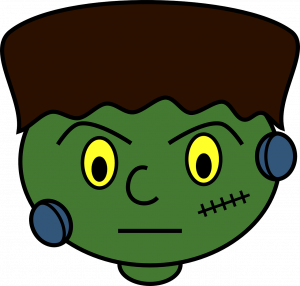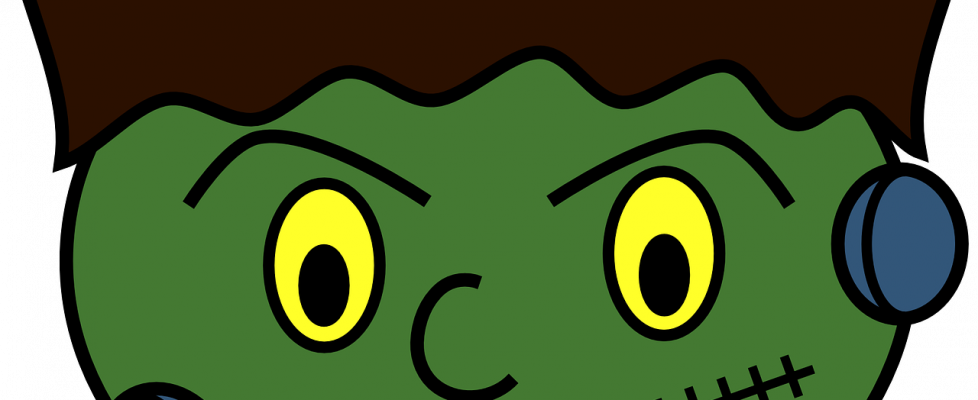Frankenstein
It’s official, I’m the only person posting now. Sometimes I wonder about my brothers’ attention spans.
I’ve decided to go with another good classic, then work my way around randomly, since all the others I’ve read don’t stand out as particularly good or bad (For classics of course. Most of them are below average).
This review is on Frankenstein. First and foremost, Frankenstein is the name of the doctor, not the monster. This might seem like a trivial, nerdy detail, but when reading the story, it’s kind of important.
Throughout the book, the monster is known simply as “the monster”, “the fiend”, “the creature”, and a variety of other degrading terms.
These old novels seem incapable of just telling the story. Much like Wuthering Heights, this story has a narrator, some sailor captain in the Artic, writing home to his sister. The captain meets Victor Frankenstein, who tells him his story.
Rather than beginning from a reasonable time, Victor chooses to bore the audience with a complete life story, starting in his childhood.
After that tedious episode, he moves on to his time in university, where he learned enough to work on a pet project of his, creating a monstrous creature out of dead people parts, and animating it with electricity.
He isn’t too impressed with the result. In fact, he runs from the room, and falls ill.
The monster himself doesn’t act much like a monster at first. He learns about the world through his senses, and from the way humans scream and try to kill him, he figures out that they don’t like him.
Nonetheless, the monster tries to be kind, helping out a poor family under the cover of night, by doing tasks such as stacking firewood at their front door.
He listens by this family’s window, and from them, he learns to speak. He also listens to their blind grandfather giving reading lessons, and with them tackles ‘Paradise Lost’, a very long and difficult poem.
When the monster eventually works up the courage to visit the family, they start the usual screaming and trying to kill him.
That’s the point where he becomes monstrous.
But you may be wondering, ‘You said that the story was told by Victor Frankenstein. How did he find out about the monster’s early days to tell the audience?’
The answer is that the monster told him. But it wasn’t verbal sparring over a thrilling swordfight or something. No, the monster sits down and has a reasonable conversation with Victor. This might not seem unusual, after all, the monster hasn’t done anything wrong yet, right?
Except for the fact that the monster just murdered Victor’s younger brother, and Victor just swore revenge.
I was honestly surprised Victor didn’t start yelling and brandishing a makeshift weapon.
The book is somewhat lacking in good fight scenes, but so was Dracula to an extent. However, Dracula used other techniques to rouse excitement and mystery, and the multiple points of view add to them.
Frankenstein doesn’t really have that, and felt a bit flat in comparison.
Nonetheless, it is the second best out of the classics I’m currently reading, and while it is not on my list of great books, it’s much better than, say, Wuthering Heights. And it does have the distinction of being the first science fiction story, and it is about one of the most famous monsters.

